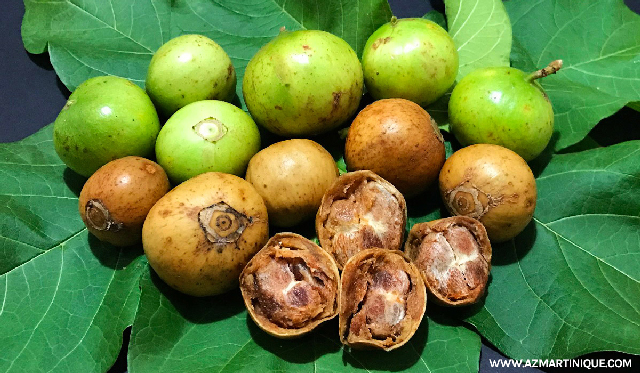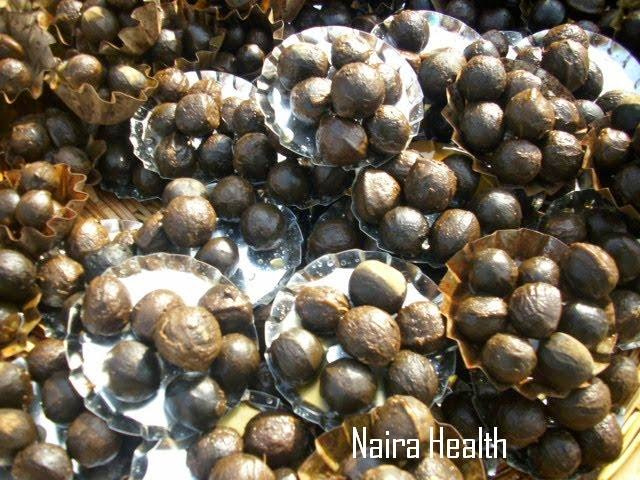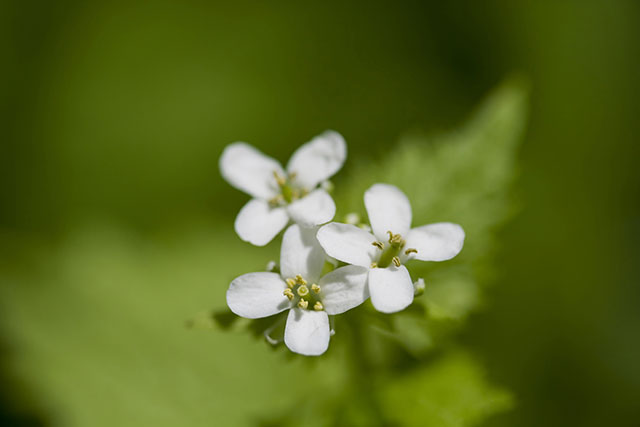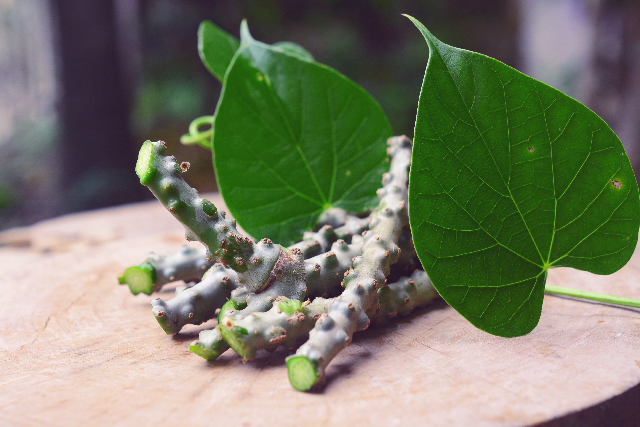Licorice prevents ischemia-induced brain damage
11/03/2018 / By Ralph Flores

A study made by South Korean researchers suggests that the Chinese licorice (Glycyrrhiza uralensis) could potentially be used to treat ischemia-induced brain damage. The research, a collaboration between Pusan National University, Dongguk University, Far East University, and Korea Institute of Oriental Medicine, together with Naseul Korean Medicine Clinic, was published in the Journal of Medicinal Food.
- Licorice comes from the roots of plants in the Glycyrrhiza genus, in particular, G. uralensis – a flowering plant native to Asia.
- Studies have identified its neuroprotective, antifungal, and anti-cariogenic properties, making it essential in the search for treatments for ischemia and reperfusion-induced brain injury.
- Researchers investigated whether G. uralensis was able to protect the brain from damage using mice that have undergone middle cerebral artery occlusion (MCAO). They assessed infarct volumes and the expression of several apoptosis-related proteins, including Bcl-xL, Bcl-2, caspase-8, and caspase-9 using a western blotting assay.
- The team found that mice treated with a methanol extract of licorice prior to MCAO greatly reduced infarct volumes 24 hours after the procedure. They also noted that the extract inhibited caspase-9 activation by upregulating protein expression of Bcl-xL and Bcl-2.
- According to the researchers, the ability of G. uralensis to regulate proteins that are associated with apoptosis is a potential reason for its neuroprotective property.
From the findings, the team concluded that G. uralensis could be a candidate for treating ischemia-induced brain damage.
Find more about the other health benefits of licorice at Herbs.news.
Journal Reference:
Lim C, Lim S, Lee B, Kim B, Cho S. LICORICE PRETREATMENT PROTECTS AGAINST BRAIN DAMAGE INDUCED BY MIDDLE CEREBRAL ARTERY OCCLUSION IN MICE. Journal of Medicinal Food. 1 May 2018;21(5):474–480. DOI: 10.1089/jmf.2017.4044
Tagged Under: brain damage, Brain Injury, caries, food as medicine, food cures, Glycyrrhiza uralensis, ischemia, licorice, licorice root, natural cures, natural medicine, neuroprotective, stroke, tooth decay



















